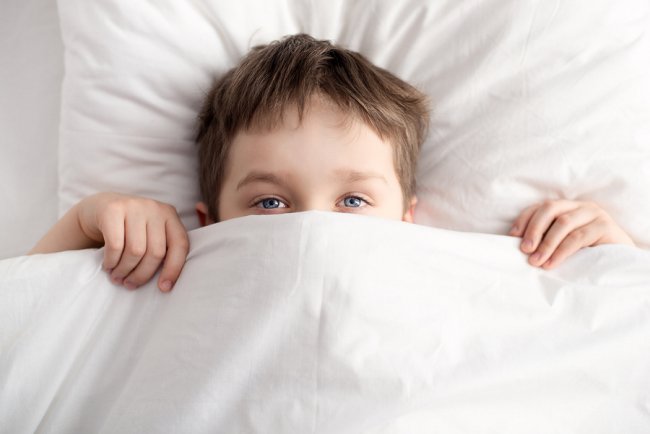
The inescapable need for sleep is one of the few characteristics that all humans share, but not everyone can get a good night’s sleep. Families affected by autism in particular tend to struggle to sleep through the night. There is a documented link between autism and sleep disturbances, but researchers are still not sure exactly why this is the case.
Understanding the Problem
According to Autism Speaks, an advocacy group , an estimated 80% of children with autism struggle with sleep disturbances. These children can suffer the same consequences as other people who fail to get sufficient sleep, including daytime fatigue, inattentiveness, and memory problems—just to name a few. But researchers have also determined that children with autism tend to display undesirable behaviors with greater frequency when they do not get enough sleep. These behavioral problems can include aggressiveness and hyperactivity. Furthermore, the parents—and sometimes, the siblings—can also suffer the ill effects of too little sleep because of the frequent nighttime awakenings. In addition to waking up frequently during the night, children with autism often have trouble falling asleep and they may often get out of bed.
Exploring the Theories
It has been suggested that children with autism tend to experience sleep disturbances because of differences in the neurological regulation of sleep. Researchers are considering whether atypical levels of hormones and neurotransmitters may play a role. Sometimes, a child’s sleep disturbances may be attributed at least in part to co-existing medical issues that can interfere with sleep. These can include epilepsy and gastroesophageal reflux.
Helping Your Child Sleep
An ABA therapist can help parents encourage good sleep behaviors in their children, including the ability to fall asleep without a parent in the room. Ideally, children should have a consistent and relaxing bedtime routine and a comfortable sleep environment.
The dedicated ABA therapists at The Behavior Exchange provide extensive parent training and support services to help each family thrive. If your family is affected by autism spectrum disorders and lives near Plano, we invite you to schedule a consult by calling (888) 716-8084. You can also read more about our services on our website.
